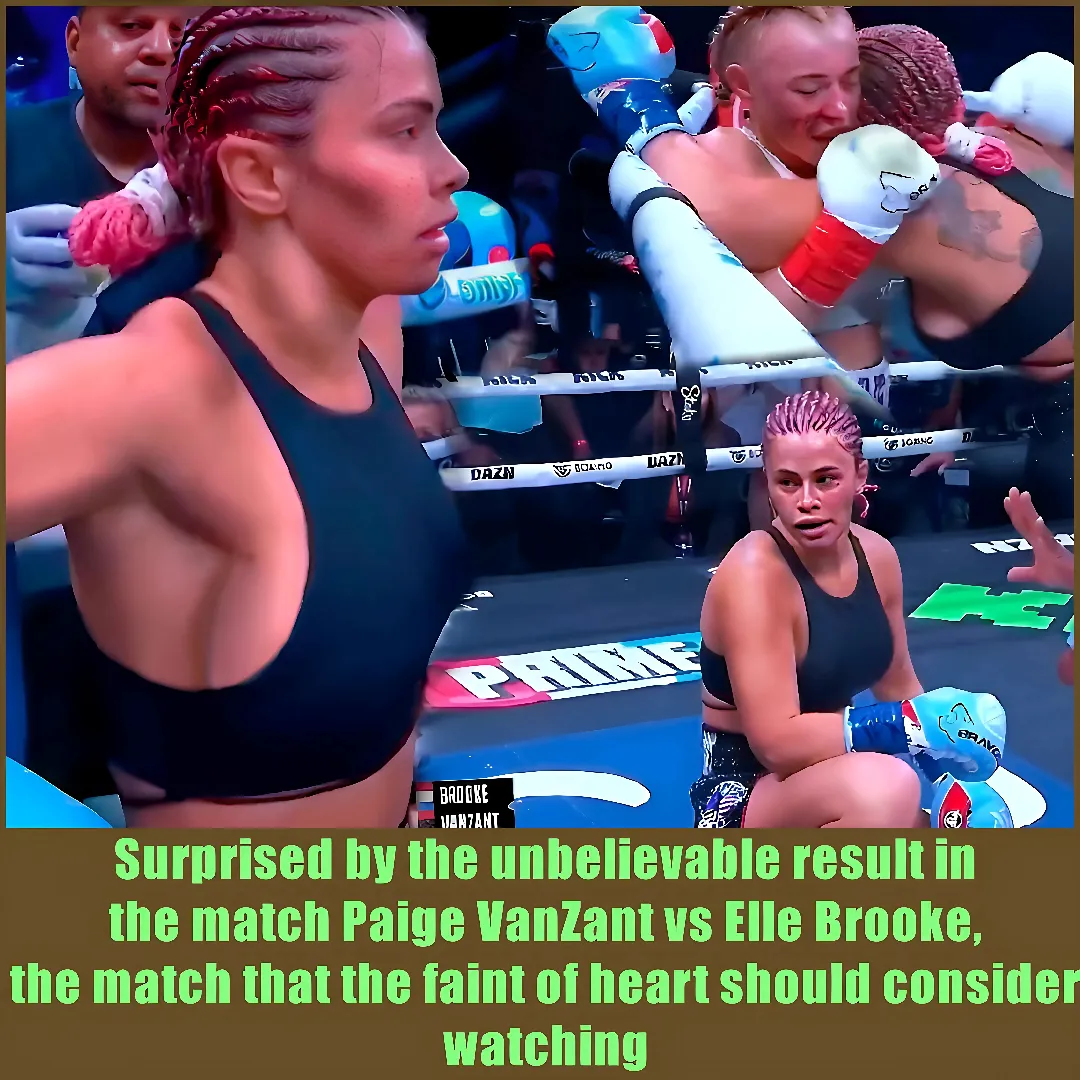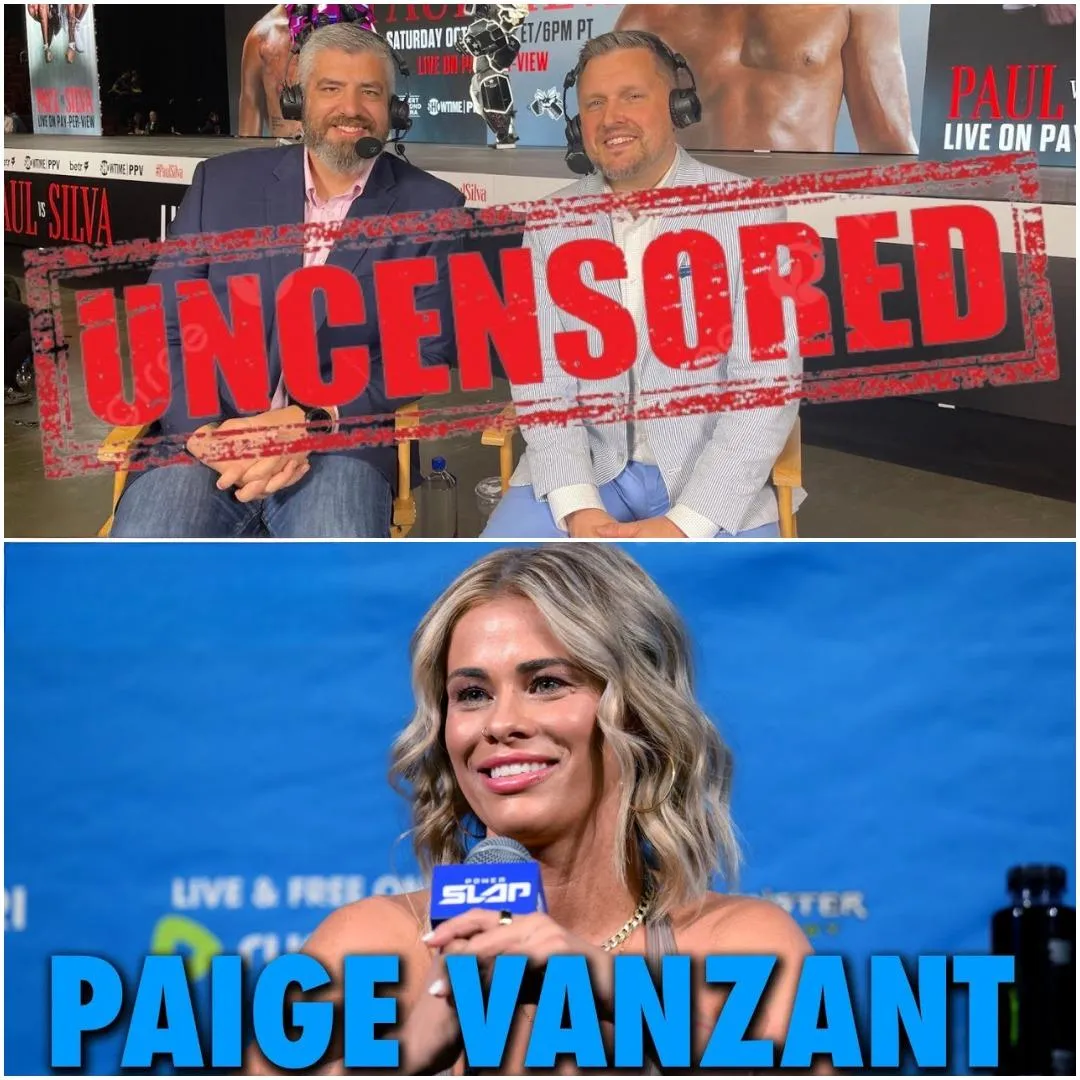Elle Brooke's Criticism of Paige VanZant's Fight Promotion Sparks Controversy
The upcoming Misfits Boxing main event featuring Elle Brooke and Paige VanZant has been making headlines, not just for the fight itself, but for the controversy surrounding the promotion of the event.
Elle Brooke has publicly criticized Paige VanZant for what she perceives as a lack of effort in promoting their fight, leading to a heated exchange between the two fighters.
Brooke expressed her frustration with VanZant's refusal to engage in promoting the fight through social media and interviews. She emphasized the importance of building interest and generating views for the event, citing her efforts to make the fight as big as possible.
Brooke's attempts to engage VanZant, including a controversial social media post, went unanswered, further fueling her discontent.
In response, VanZant defended her approach, stating that she is not promoting the fight as an influencer would and that her focus remains on preparing for the actual fight.
She highlighted her dedication to training and her single-minded determination to win, expressing her unfamiliarity with the influencer world and its promotional expectations.
The disagreement between the two fighters underscores a broader debate about the role of promotion in combat sports. While Brooke emphasized the necessity of engaging in promotional activities to build up the fight, VanZant's perspective reflects a traditional approach focused solely on training and competing.
The contrasting viewpoints also shed light on the evolving landscape of combat sports promotion, particularly with the emergence of influencer-driven events like Misfits Boxing.
The differing expectations and approaches of fighters from traditional organizations such as UFC and newer platforms like Misfits Boxing highlight the ongoing transformation of the combat sports industry.
Furthermore, Brooke's criticism extended beyond the promotional aspect, as she questioned VanZant's decision to transition from UFC and BKFC to fighting an influencer.
She raised concerns about the motivations behind such a move, suggesting that it may be driven primarily by financial considerations rather than a genuine passion for the sport.
VanZant refuted these claims, asserting that she views Brooke as a professional fighter and boxer, despite Brooke's self-identification as an influencer.
The exchange between the two fighters not only reflects their differing perspectives but also raises broader questions about the perception of fighters in the evolving landscape of combat sports.

As the controversy continues to unfold, it underscores the complexities of promotion, fighter identity, and the shifting dynamics within the combat sports industry.
The clash between traditional expectations and newer paradigms exemplifies the ongoing evolution of combat sports promotion and the diverse approaches taken by athletes in engaging with these changes.
Ultimately, the debate between Elle Brooke and Paige VanZant serves as a microcosm of the larger shifts occurring within combat sports, highlighting the multifaceted nature of promotion, fighter roles, and the intersection of traditional and emerging platforms within the industry.




